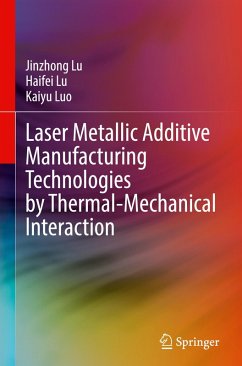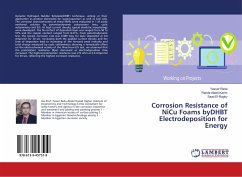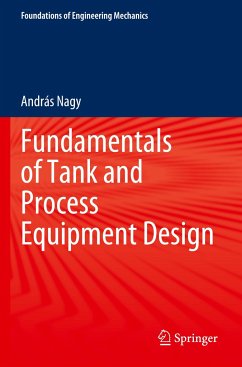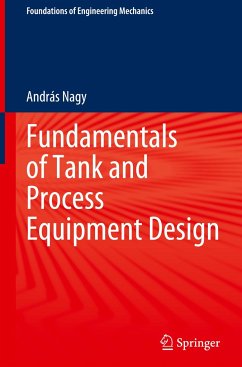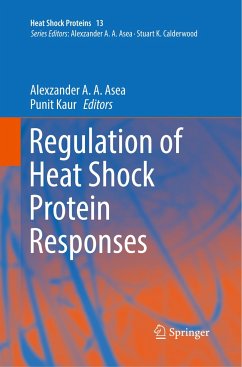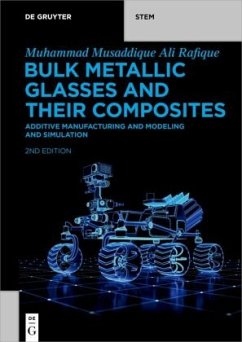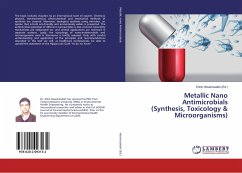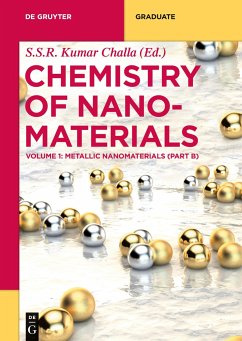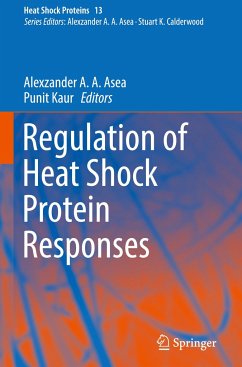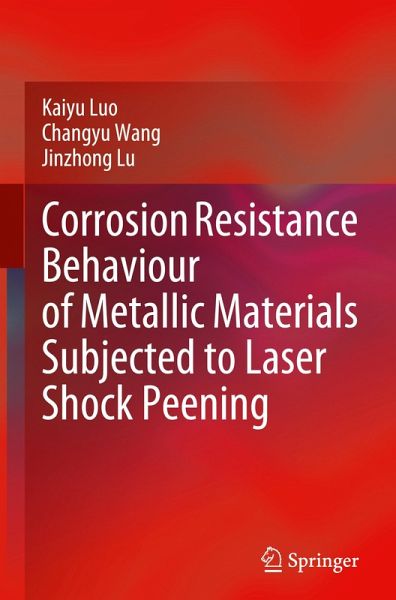
Corrosion Resistance Behaviour of Metallic Materials Subjected to Laser Shock Peening

PAYBACK Punkte
61 °P sammeln!
This book introduces the fundamentals of laser shock peening (LSP) and its effects on the corrosion behaviours of metal alloy materials. It focuses on innovations in theory and methods related to LSP-induced surface nanocrystallization and corrosion resistance in steels, Mg alloy and titanium alloy. The main contents of the book include the characteristics of laser shock wave, LSP-induced surface integrity and the anti-corrosion mechanism. The research has accumulated a large amount of experimental data, which has proven the significant effectiveness of LSP in improving the corrosion performan...
This book introduces the fundamentals of laser shock peening (LSP) and its effects on the corrosion behaviours of metal alloy materials. It focuses on innovations in theory and methods related to LSP-induced surface nanocrystallization and corrosion resistance in steels, Mg alloy and titanium alloy. The main contents of the book include the characteristics of laser shock wave, LSP-induced surface integrity and the anti-corrosion mechanism. The research has accumulated a large amount of experimental data, which has proven the significant effectiveness of LSP in improving the corrosion performance of metal alloy materials. The related findings provide theoretical guidance and a data foundation for the application of LSP in fields such as aerospace and nuclear industry. This book could be useful for researchers working in the fields of LSP, corrosion behaviour, machine manufacturing and surface engineering, as well as those majoring in laser shock wave and materials science. Theanalysis in the book will help readers deeply understand the anti-corrosion mechanism induced by LSP and may inspire them to further develop this technology.



